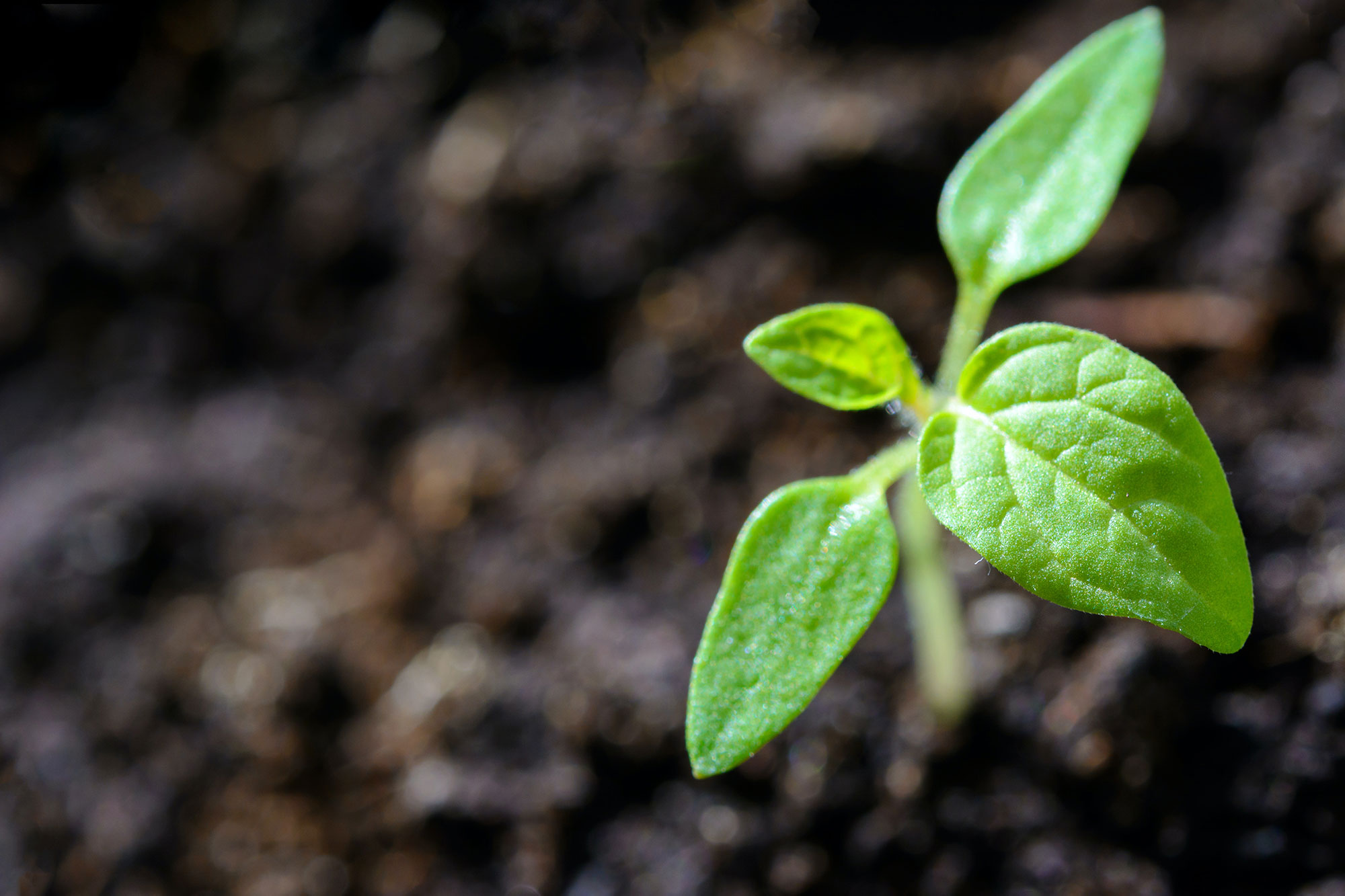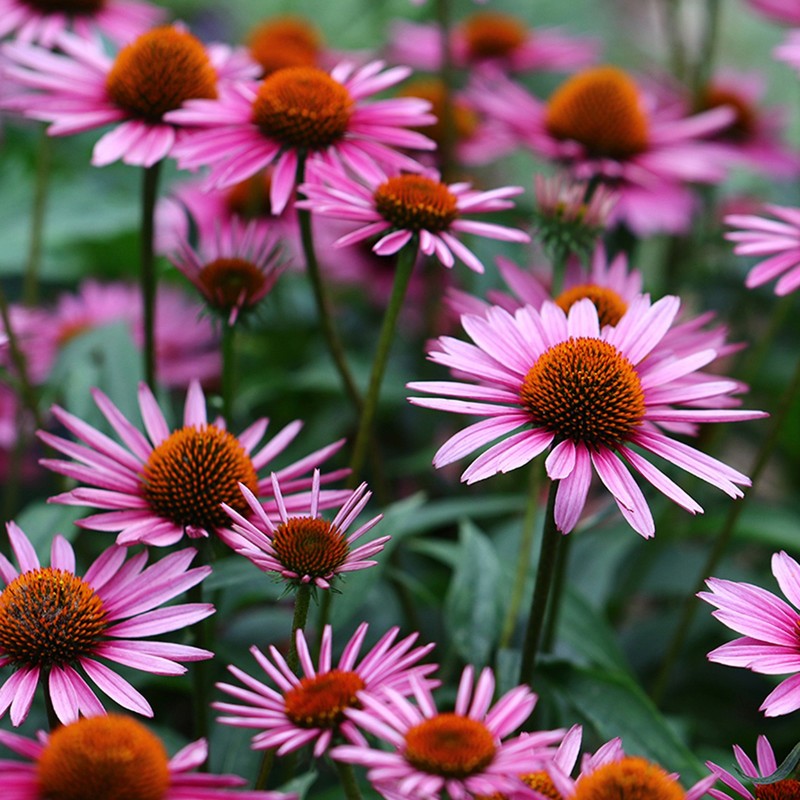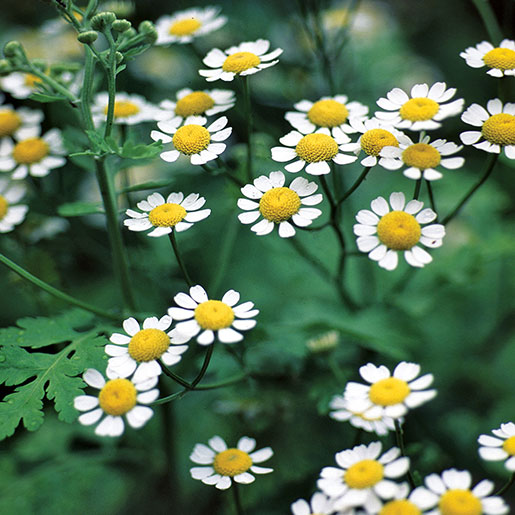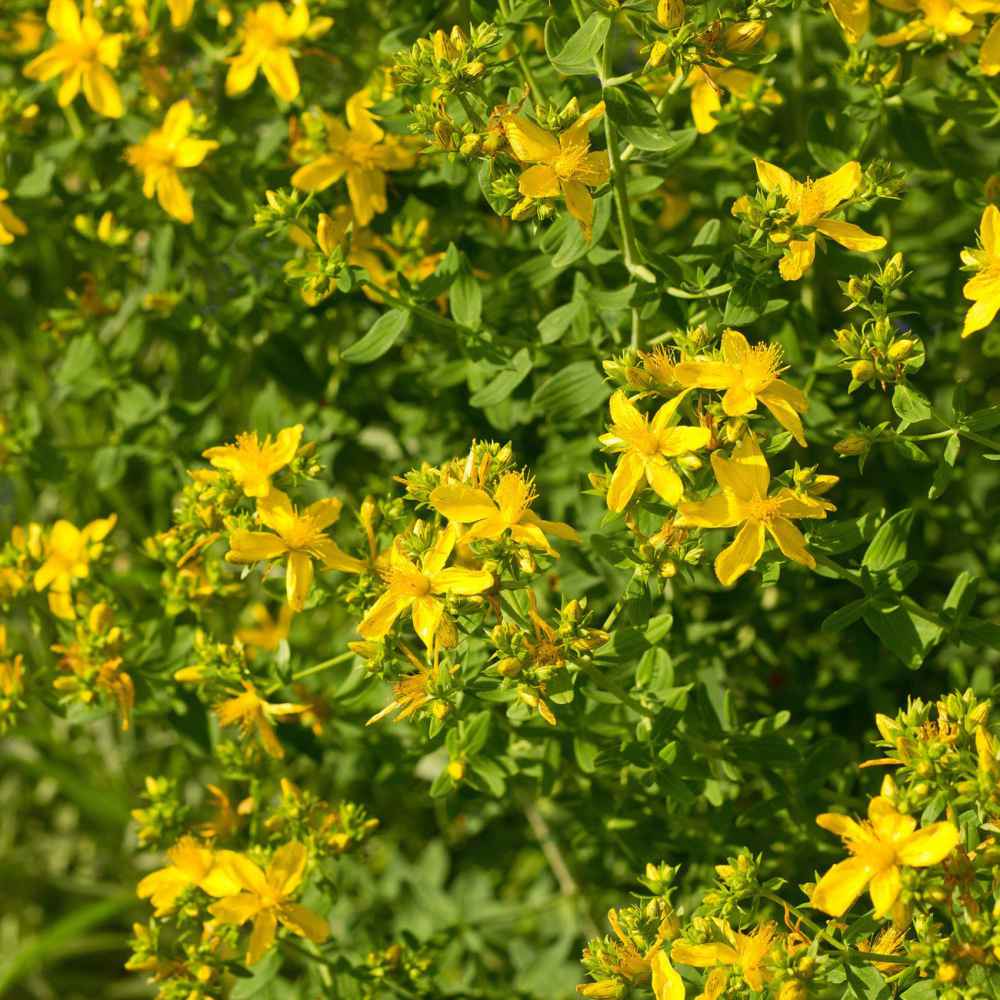
“Saint John's wort”
Saint John's wort is used as an antidepressant. Studies have shown that it has a small effect on mild to moderate depression over a period of about 12 weeks. But it is not clear if it is effective for severe depression. A side effect is sensitivity to light, but this is only noted in people taking large doses of the herb. St. John's has been shown to cause dangerous and possibly deadly interactions with commonly used medicines. It is very important to always talk with your healthcare provider before using this herb.
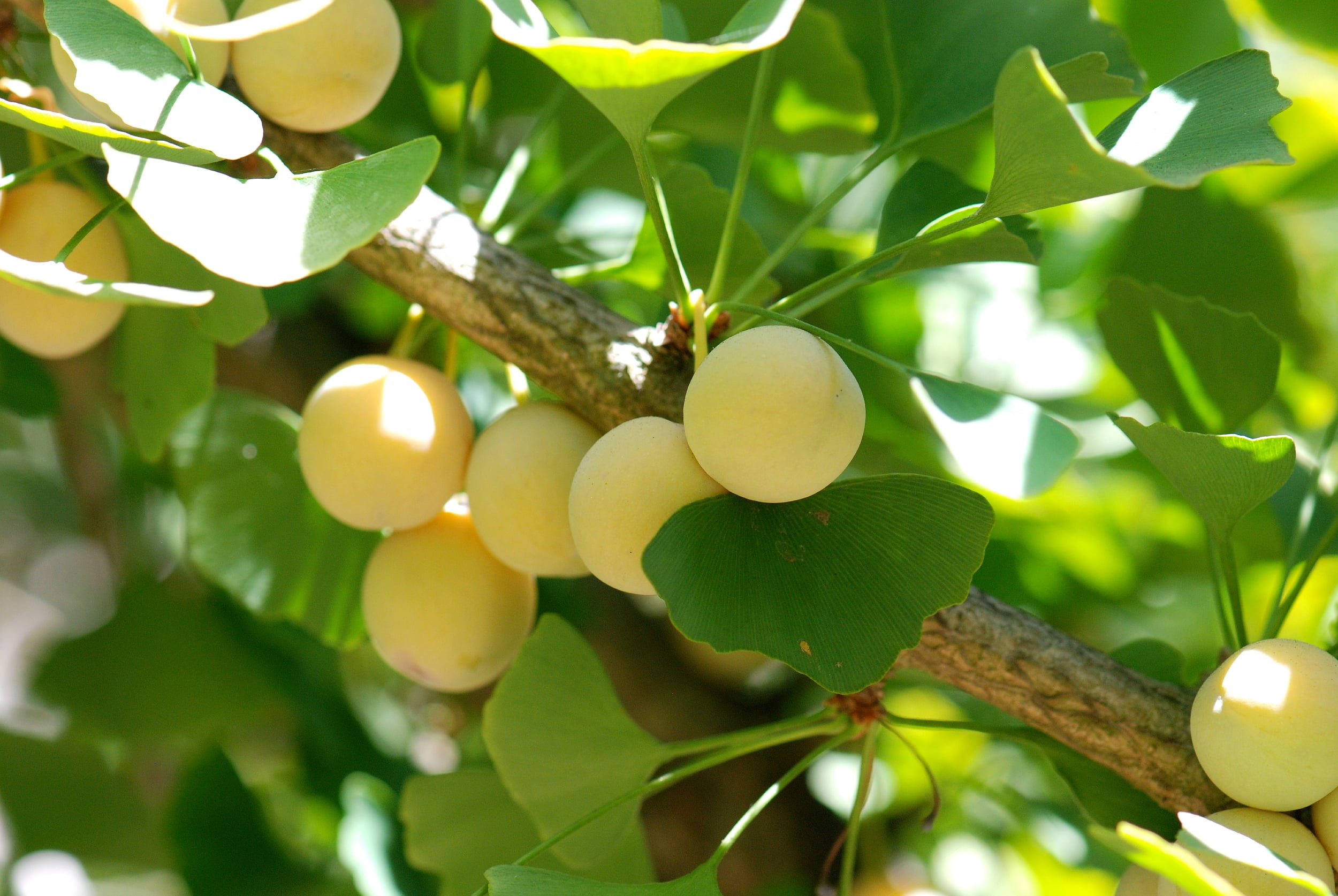
“Gingko”
Ginkgo leaf extract has been used to treat a variety of conditions such as asthma, bronchitis, fatigue, and tinnitus. It is also used to improve memory and to prevent dementia and other brain disorders. Some studies have supported its slight effectiveness. But exactly how gingko works isn't understood. Only extract from leaves should be used. Seeds contain ginkgo toxin. This toxin can cause seizures and, in large amounts, death. Because some information suggests that ginkgo can increase the risk of bleeding, it should not be used with nonsteroidal anti-inflammatory medicines, anticoagulants, anticonvulsant medicines, or tricyclic antidepressants.

“Ginseng”
Ginseng is used as a tonic and aphrodisiac, even as a cure-all. Research is uncertain how well it works, partly because of the difficulty in defining "vitality" and "quality of life." There is a large variation in the quality of ginseng sold. Side effects are high blood pressure and tachycardia. It's considered safe by the FDA. But it shouldn't be used with warfarin, heparin, nonsteroidal anti-inflammatory medicines, estrogens, corticosteroids, or digoxin. People with diabetes should not use ginseng.
